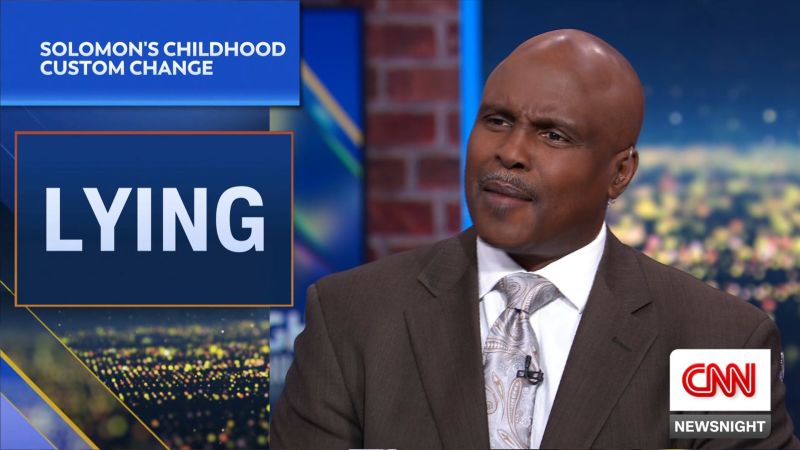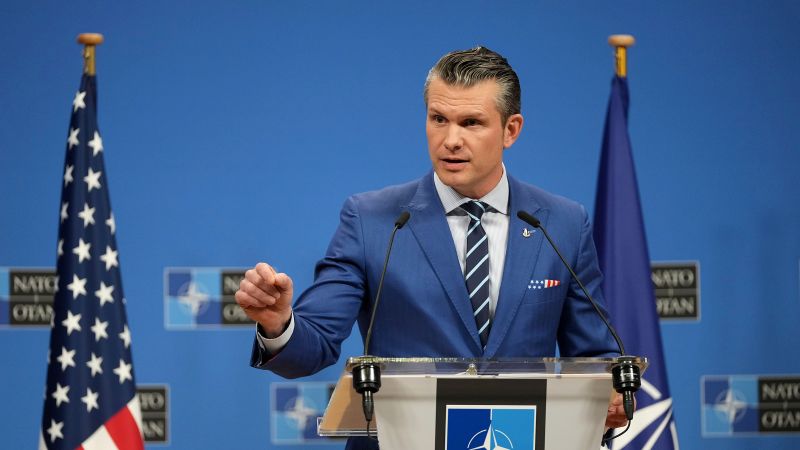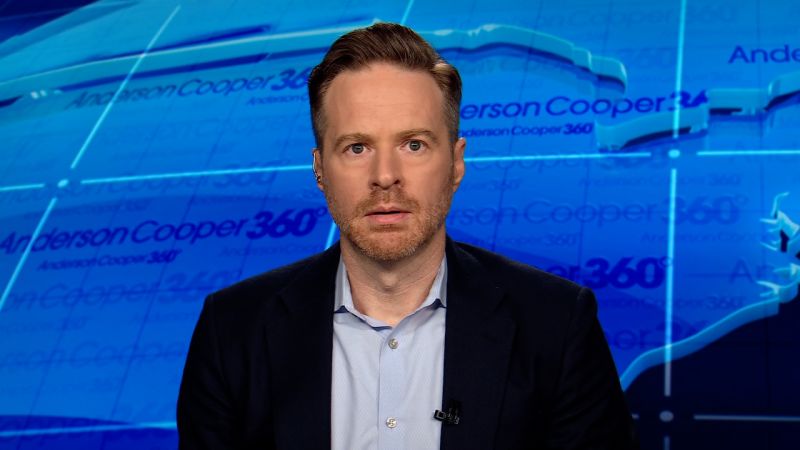Power, Wealth, and Control: Is America Really Ruled by a Privileged Few?
Politics
2025-04-28 10:00:00Content
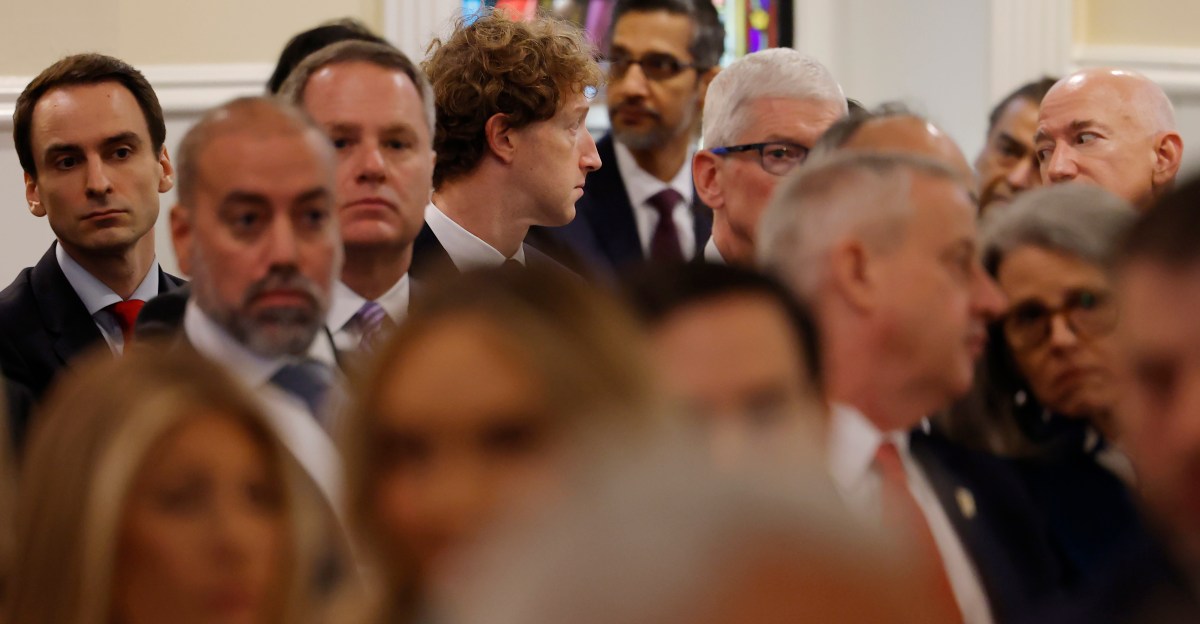
In the complex landscape of American democracy, a troubling reality is emerging: the United States may have quietly transformed into an oligarchy, where wealthy elites wield disproportionate political power. Political scientist Thomas Dye offers a compelling analysis that challenges our traditional understanding of democratic governance.
At its core, an oligarchy represents a system where a small, privileged group controls the majority of political and economic decision-making. In America, this dynamic is increasingly apparent through the outsized influence of billionaires, corporate lobbyists, and special interest groups who shape policy far more effectively than average citizens.
Recent research reveals a stark disconnect between public opinion and actual policy outcomes. Despite widespread popular support for issues like healthcare reform and income equality, legislative actions consistently favor the interests of wealthy donors and powerful corporations. This systematic prioritization of elite preferences over majority sentiment is a hallmark of oligarchic systems.
The mechanisms of this power concentration are multifaceted. Campaign finance laws, lobbying networks, and the revolving door between government and corporate sectors create a self-reinforcing cycle that entrenches economic and political elites. Wealthy individuals and corporations can effectively "purchase" political influence through massive campaign contributions and sophisticated lobbying strategies.
While America still maintains democratic structures like elections and representative government, the underlying power dynamics increasingly resemble an oligarchy. The ability of a small, affluent minority to consistently override broader public interests suggests a fundamental erosion of genuine democratic representation.
Understanding this shift is crucial for citizens who seek to restore meaningful democratic participation. Recognizing the oligarchic tendencies in our current political system is the first step toward demanding genuine, representative governance that truly reflects the will of all Americans.
Unmasking America's Power Dynamics: The Rise of Concentrated Wealth and Political Influence
In the intricate landscape of modern American governance, a profound transformation has been quietly unfolding—a systemic shift that challenges the very foundations of democratic ideals. The traditional narrative of representative democracy is being increasingly overshadowed by a complex web of economic and political power concentration that threatens the core principles of equal representation and social mobility.When Money Speaks Louder Than Votes: Decoding the Oligarchic Transformation
The Erosion of Democratic Foundations
The American political system has undergone a remarkable metamorphosis, where wealth has become the primary currency of political influence. Unlike traditional democratic models, contemporary power structures increasingly favor a small, economically privileged elite who can strategically shape policy through sophisticated mechanisms of financial and political leverage. This transformation goes beyond mere campaign contributions, representing a fundamental restructuring of how political decisions are conceived and executed. Historically, democratic societies prided themselves on the principle of "one person, one vote." However, the current landscape reveals a more nuanced reality where economic resources translate directly into political capital. Wealthy individuals and corporate entities can now effectively design legislative agendas, influence regulatory frameworks, and manipulate public discourse through extensive networks of lobbying, media control, and strategic investments.Economic Concentration and Political Manipulation
The concentration of economic power has reached unprecedented levels, with a minuscule percentage of the population controlling a disproportionate share of national wealth. This economic stratification creates a self-perpetuating cycle where financial resources generate political influence, which in turn generates more economic opportunities for the already privileged. Complex financial instruments, tax policies, and regulatory environments are meticulously crafted to benefit a select few, effectively creating systemic barriers that prevent meaningful economic mobility for the majority. The result is a quasi-oligarchic system where economic and political power are increasingly intertwined, challenging the fundamental democratic promise of equal opportunity.Institutional Mechanisms of Power Consolidation
Modern oligarchic structures operate through sophisticated, multilayered institutional mechanisms. Supreme Court decisions like Citizens United have effectively legitimized corporate political spending, transforming campaign finance into a strategic investment rather than a democratic expression. Think tanks, lobbying firms, and strategic communication networks serve as intricate conduits for translating economic power into political influence. These institutions don't merely influence policy; they fundamentally reshape the conceptual frameworks through which societal challenges are understood and addressed. By controlling narrative production, economic elites can preemptively define acceptable political discourse, marginalizing alternative perspectives and maintaining their privileged position.Global Context and Comparative Analysis
The American oligarchic transformation isn't occurring in isolation but represents a global trend of power reconfiguration. Comparative studies reveal similar patterns in various democratic and quasi-democratic societies, where economic globalization has created transnational networks of influence that transcend traditional national boundaries. These networks operate through complex, interconnected systems of financial institutions, multinational corporations, and strategic political alliances. The result is a form of governance that is increasingly detached from traditional democratic accountability, prioritizing global economic interests over localized democratic preferences.Potential Pathways for Democratic Renewal
Addressing the oligarchic drift requires multifaceted, systemic interventions. Comprehensive campaign finance reform, enhanced transparency mechanisms, and robust antitrust regulations represent potential starting points. Moreover, reinvigorating civic education and creating platforms for genuine grassroots political participation could help counterbalance the current power dynamics. The path forward demands a collective reimagining of democratic engagement—one that recognizes the complex interplay between economic structures, political institutions, and individual agency. By understanding these intricate power dynamics, citizens can begin to develop more effective strategies for reclaiming democratic representation.RELATED NEWS
Politics
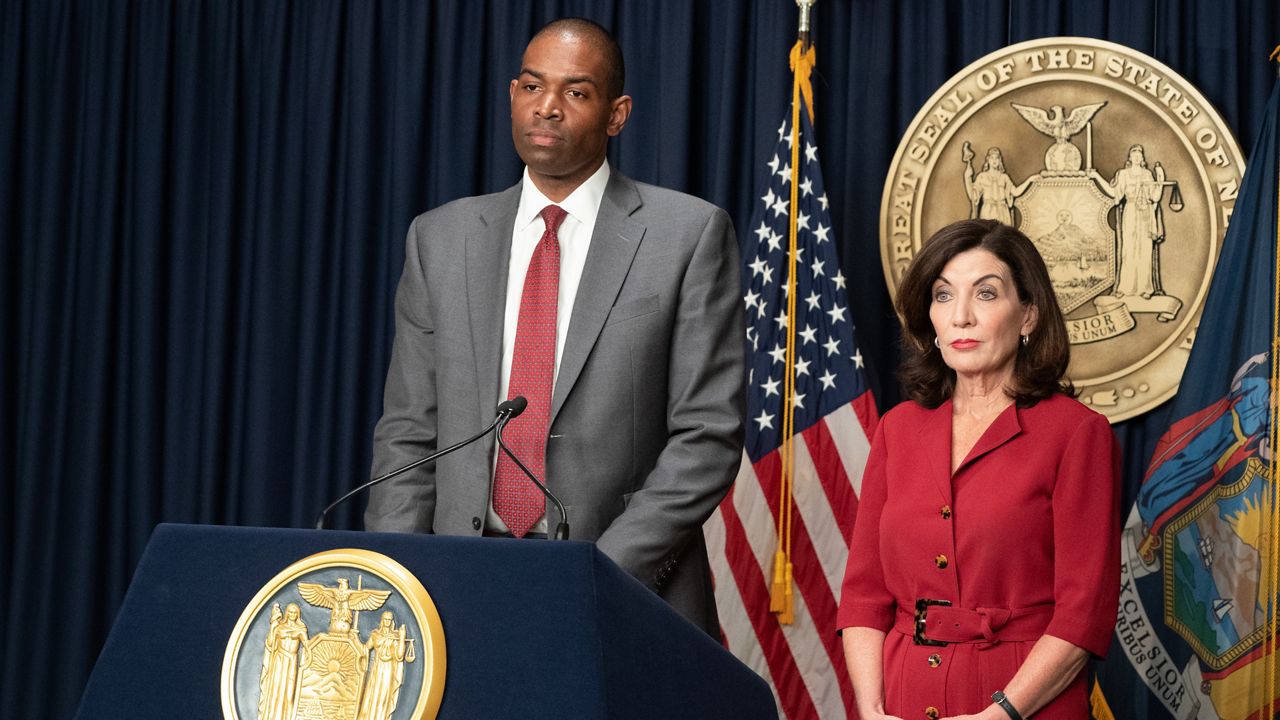
Political Shake-Up: Antonio Delgado Exits NY Lieutenant Governor Race in Surprising Twist
2025-02-24 22:02:00
Politics
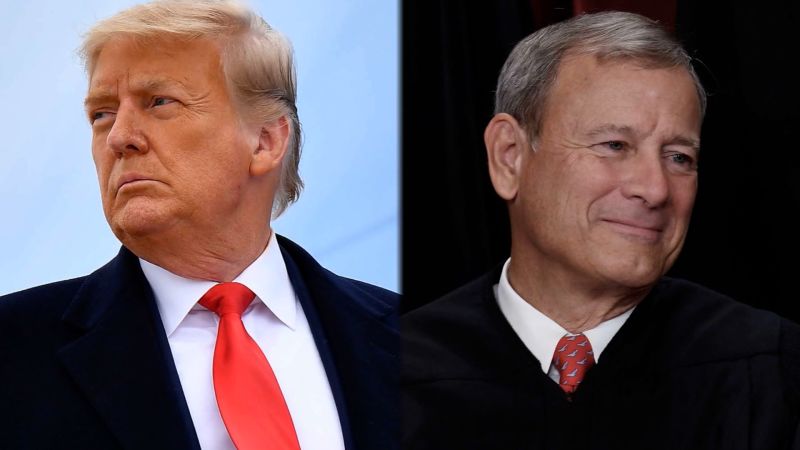
Clash of Powers: Trump Fires Back at Chief Justice Roberts in Heated Judicial Showdown
2025-03-19 15:33:42
Politics

Breaking: Syria's Interim Leader Sparks Nationwide Dialogue to Reshape Political Landscape
2025-02-25 09:28:42
